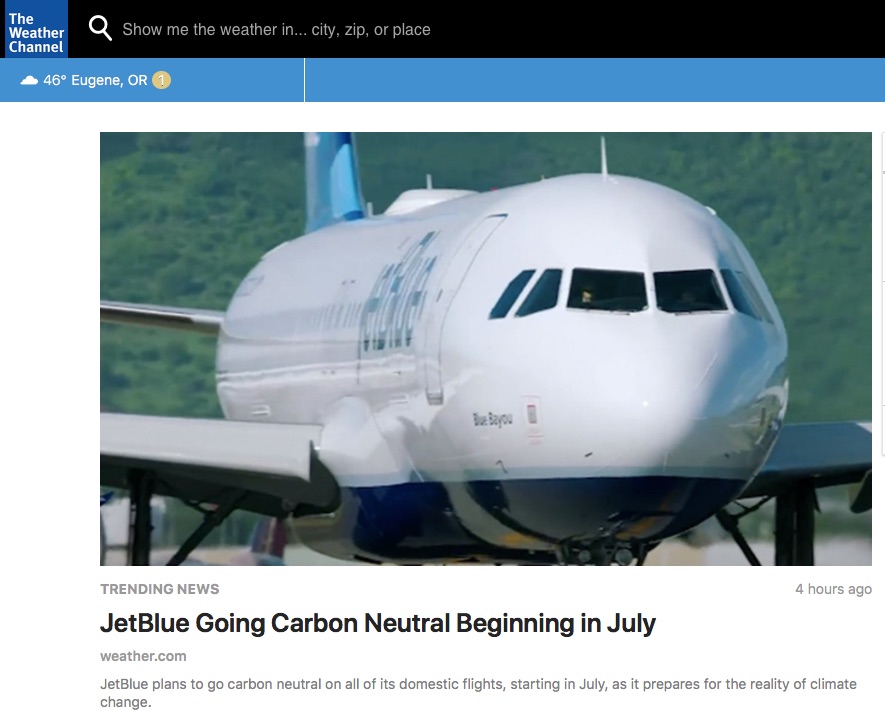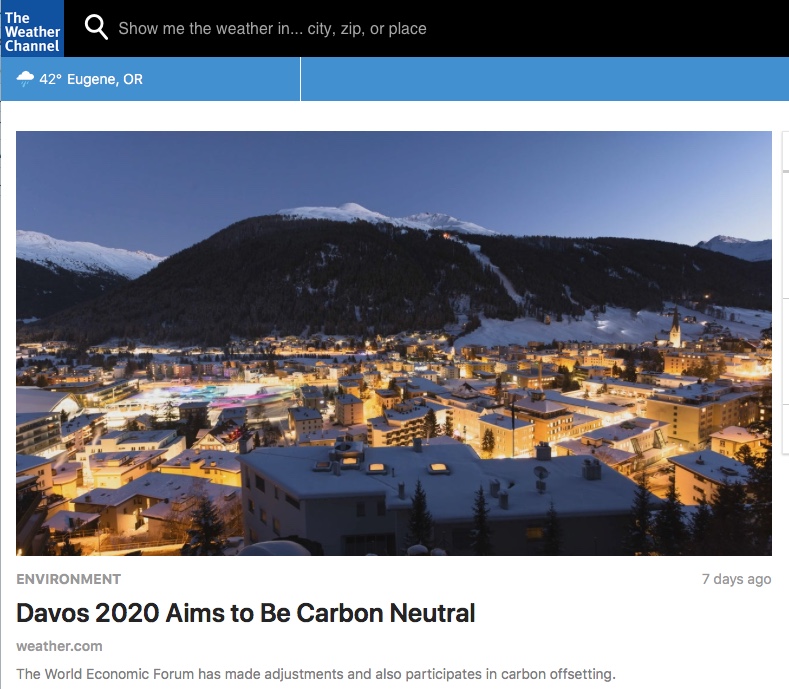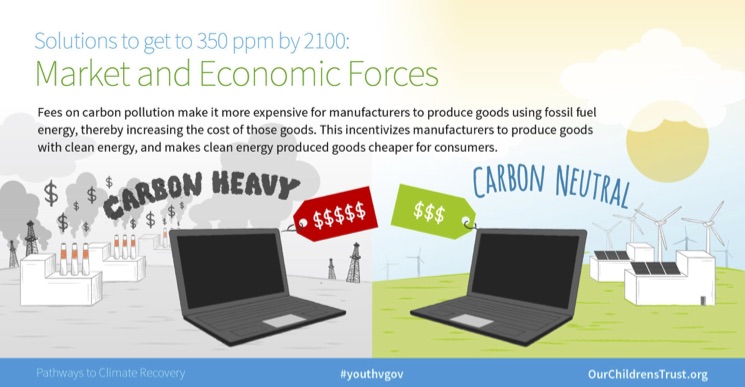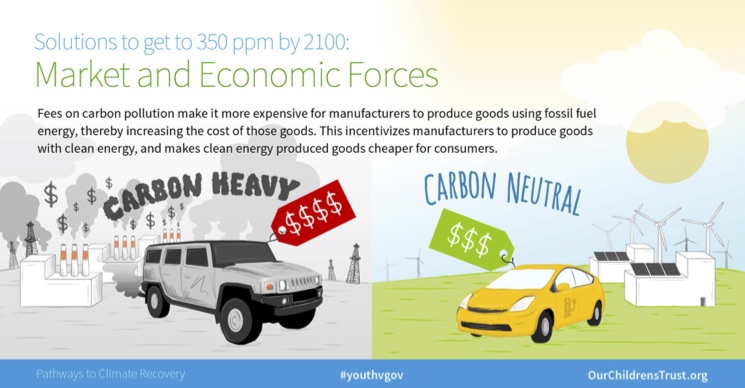 Carbon Neutral Isn't
Carbon Neutral Isn't
Credits and offsets distract
The carbon credit industry that supposedly offsets petroleum pollution is a fraud.
Paying someone to install solar panels or plant trees is a good thing, but it does not sequester fossil carbon out of the biosphere. It is physically impossible for solar panels or tree plantations to stick fossil carbon back into the crust of the Earth.
If we're going to address the scale of the energy crisis, we need honesty to admit that airplane travel, burning mountains of coal and other toxic behaviors are not good for the planet, even if someone claims we can be absolved for our sins by giving someone money.
 Carbon neutrality and carbon offsets are propaganda exercises that provide the illusion that promoting efficiency and renewable energy can somehow undo the impact of burning stored solar energy from the Carboniferous era. No project - not even the best - can remove carbon from burned fossil fuels and sequester it back into the crust of the Earth. Coping with the ecological crisis would require honesty about our impact - and carbon credits or offsets are distractions that provide the illusion that we can burn finite, toxic energy sources without long term consequences.
Carbon neutrality and carbon offsets are propaganda exercises that provide the illusion that promoting efficiency and renewable energy can somehow undo the impact of burning stored solar energy from the Carboniferous era. No project - not even the best - can remove carbon from burned fossil fuels and sequester it back into the crust of the Earth. Coping with the ecological crisis would require honesty about our impact - and carbon credits or offsets are distractions that provide the illusion that we can burn finite, toxic energy sources without long term consequences.
There is no such thing as "carbon neutrality" as long as any fossil fuel is used. The "no net increase" is technical deception since there is no way to suck carbon from fossil fuel emissions out of the atmosphere and stick them back into the Earth's crust. Fancy schemes to pretend otherwise appease concerns about climate but they do not reduce carbon levels in the atmosphere.

carbon neutral: a marketing term used to entice consumers with guilty consciences. Carbon neutral claims are a form of subsidizing efficiency programs that are usually good projects, but do not capture and neutralize the carbon emitted by the original polluting activity supposedly being mitigated. Burning fossil fuels do not become "climate neutral" because the person who burned the fuel pays to subsidize installation of photovoltaic panels or other equipment in another location. Carbon neutral would be true if usage of carbon-based fuels was offset by capturing of an equivalent amount of carbon in the atmosphere. Most carbon neutral policies displace increases in combustion of carbon fuels but that merely slows the increase of atmospheric carbon (which is not "neutral").
Cheat Neutral
A great parody of the carbon neutral promotion campaign was Cheat Neutral:
Cheatneutral is about offsetting infidelity. We're the only people doing it, and Cheatneutral is a joke.
Carbon offsetting is about paying for the right to carry on emitting carbon. The Carbon offset industry sold £60 million of offsets last year, and is rapidly growing. Carbon offsetting is also a joke.
Unfortunately, cheatneutral.com is not online any more, but their short video is on youtube:
"Cheat Neutral" (hilarious parody)
www.youtube.com/watch?v=f3_CYdYDDpk
Also recommended is "The Story of Cap and Trade" by Annie Leonard, now director of Greenpeace USA.
"The Story of Cap and Trade"
www.youtube.com/watch?v=pA6FSy6EKrM

Our Children's Trust
cars and computers can supposedly become "carbon neutral"
OCT also advocates new nuclear power reactors
The Carbon Neutral Myth: Offset Indulgences For Your Climate Sins
www.carbontradewatch.org/pubs/carbon_neutral_myth.pdf
Transnational Institute
De Wittenstraat 25
1052 AK Amsterdam
The Netherlands
First published February, 2007
Corrupting the Climate Change Debate 8
The Rise and Fall of Future Forests 14
The problems with trees and light bulbs 19
Three Case Studies in the Majority World 26
India - "Rock Band Capitalist Tool For Cutting CO2" 29
Land rights in Uganda 32
Energy efficient light bulbs in South Africa 26
Celebrities and Climate Change 43
Positive responses to climate change 54
Appendix - Offsets and ‘future value accounting’ 62
In almost all cases the media promotes only the act of offsetting and not, except when responding to criticism, the less glamorous business of making lifestyle changes. Moreover, to date, there have been no offset schemes that encourage individuals to engage in collective action or political organising to bring about wider structural change.
Why it's harder than you think to pay for a carbon guilt trip
Stumping up to compensate for environmentally costly air travel is
a complicated business. Patrick Collinson investigates
http://environment.guardian.co.uk/travel/story/0,,2014978,00.html
www.inthesetimes.com/article/3317/offsets_arent_enough/
AUGUST 30, 2007 > WEB ONLY
Offsets Aren’t Enough
Two environmental groups cave in to Big Coal in Texas
By MEGAN TADY
Besides allowing polluters to wriggle off the hook with ease, offsets are harmful because they send a message that the community housing the coal plant isn’t worth much. It’s all well and good that NuCoastal may curtail emissions elsewhere, or trade mercury emissions credits, but that does nothing to safeguard the community where the actual power plant belches out toxins. ....
... Credit for “reducing” emissions of a toxin that harms children’s brain function, while still releasing it into the air? We might as well applaud the Bush administration for deploying smart bombs that supposedly “reduce” the number of civilians killed in air strikes.
And it’s the applause that’s disconcerting. Rather than admitting defeat--because a new coal plant, no matter the scrubber, is a loss--Public Citizen and the SEED Coalition’s language about the agreement sounds as if it was some sort of gain for the environmental movement.
The chipper press release from the groups announcing the NuCoastal agreement says, “Environmentalists applaud offsets of carbon dioxide and mercury emissions,” and that the agreement is “precedent-setting.”
This press release might as well have been written by Tony Snow for the way it obfuscates the truth about the situation. We need honesty from our leading environmental groups if we really plan to go toe-to-toe with Big Coal, not some letter from camp telling Mom everything’s fine despite a daily beating from a bully.
If we are to make any real effort at minimizing climate change, the default, mainstream approach from environmentalists has to be keeping fossil fuels in the ground, not burning them with an asterisk. But as long as our leading environmental groups continue touting offsets and emissions reductions like they’re viable solutions to our predicament, we’ll never move to a truly sustainable way of living.
www.resurgence.org/2007/kill240.htm
THE ‘CARBON-NEUTRAL’ MYTH
We cannot rest on our laurels, or indeed our yews or oaks.
OVER THE PAST few years, the idea of carbon ‘offset’ or ‘carbon-neutral’ projects has found a large following. Show-biz celebrities, aid agencies and even financial institutions like the World Bank hail tree-planting and similar projects as a win-win-win approach to global warming. But can climate damage caused by fossil-fuel emissions really be ‘neutralised’ or ‘offset’?
The idea is simple enough: we pay someone else, somewhere else, to cover their land with trees, and they will soak up the carbon dioxide released through the emissions from our bargain flight to the sun or that flashy CD release or that big corporate conference. We can go on using fossil fuels without affecting the climate as long as we plant enough trees.
So what’s wrong with using trees to soak up greenhouse gases?
What ‘offset’ forestry does is confuse fossil carbon with biological carbon. It claims that emissions from burning oil, gas or coal can be considered equal, in climatic terms, to the biological carbon stored in a tree. One UK-based ‘carbon-neutral’ service says that it can calculate exactly how many trees someone will need to plant and tend for ninety-nine years in order to soak up the emissions generated by air travel to, say, Brussels.
The problem in reality is that carbon emissions from burned oil, gas or coal cannot be considered as equal to the same amount of biological carbon in a tree. Why not? Because there exists naturally an active carbon pool with carbon freely moving between forests, oceans and air. The fossil carbon pool, in contrast, is inert. But once out of the ground, fossil carbon joins the active carbon pool and will not go back into the fossil carbon pool for millennia. Releasing fossil carbon increases the active carbon pool, and this is the crucial difference between fossil and biological carbon.
Of course, trees can also die, at which point they release most of the carbon that they keep locked away from the atmosphere. In relation to ‘offset’ forestry, proponents assure us that they can calculate the odds and take this into consideration. Yet within scientific circles intense debate continues about whether one can actually predict over the next century, or even the next decade, the carbon fluxes of complex ecosystems.
CAN ANYONE REALLY calculate the carbon performance of a tree? Can we really guarantee how much carbon planted forests can mop up? Cambridge University landscape historian Oliver Rackham suggests that “For its practical effect, telling people to plant trees to reduce global warming is like telling them to drink more water to keep rising sea levels down.”
Even if we could accurately predict the carbon performance of a tree, just dealing with the increased carbon dioxide emissions we will generate worldwide over the next half century would require completely covering Europe – from the Atlantic to the Ural mountains – with trees. Soaking up the UK’s annual greenhouse-gas emissions would require planting an area of forest the size of Devon and Cornwall every single year – and maintaining it forever.
But carbon ‘offset’ troubles don’t end there. The Norwegian organisation The Future In Our Hands has described tree-planting projects in Uganda and Tanzania as a new form of colonialism, under which Northern companies and affluent citizens claim lands in the South to ‘compensate’ for damage caused by burning fossil fuel elsewhere. Already, monoculture plantations aimed at soaking up carbon dioxide released in the North are damaging lands essential to many peoples’ survival in Brazil, Ecuador, Uganda and Tanzania. Reports released by the World Rainforest Movement and the Forest Peoples Programme show that local and indigenous communities in Ecuador and India are paying a high price for carbon ‘offset’ projects they signed up to on the promise of jobs and development. In reality, these projects simply entrench social inequality, demand unpaid labour to fulfil communities’ contractual obligations, and further weaken traditional land rights.
Closer to home, tree planting charities are also getting the short end of the stick. They receive only a small fraction (around 2%) of the fee paid to carbon ‘offset’ services for planting a tree. According to The Observer, this amounts to approximately twelve pence out of the six pounds charged for planting the tree – certainly not enough to plant and preserve a tree for ninety-nine years.
SADLY, MUCH AS we’d all like a way to combat the ever–worsening problem of climate change, and wonderful though trees are, they do not provide a magic solution that will allow us to go on mining and burning fossil fuels. Carbon ‘offset’ projects may salve our conscience, but they won’t solve the problem of global warming. On the contrary, by creating the illusion that all is well as long as we pay a little extra, they may further delay global agreement on decisive action to avert climate change.
Jutta Kill is Climate Change Campaign Co-ordinator for FERN. www.fern.org


